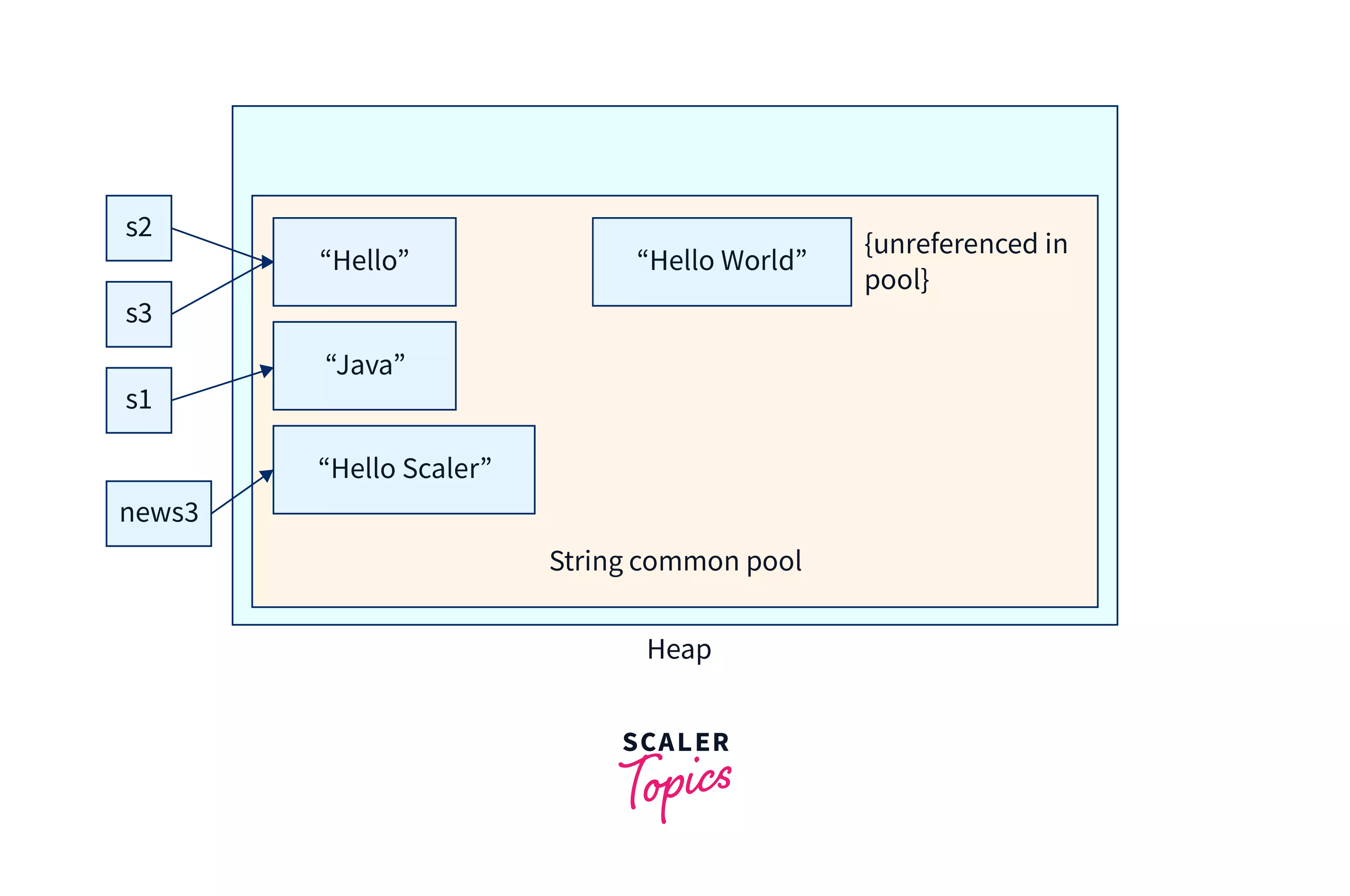What Is Immutable Strings and Just How It Functions
In the world of programming, recognizing the idea of immutable strings is paramount for developing protected and robust applications. Immutable strings refer to strings that can not be modified after they are produced, making certain data honesty and predictability within the code.
The Basics of Immutable Strings
Unalterable strings, as a basic concept in shows, are character series that can not be transformed as soon as they are developed. This implies that as soon as a string is assigned a value, that worth can not be modified. In languages like Python and Java, strings are immutable things, resulting in different effects in terms of memory management and data integrity.
One of the vital benefits of immutable strings is that they provide a feeling of protection in information manipulation. Since the content of an unalterable string can not be customized, it makes certain that the initial information continues to be intact, minimizing the threat of unintended modifications throughout program implementation (Why are strings immutable in Java?). This building likewise simplifies debugging processes, as programmers can rely on that as soon as a string is specified, its worth will certainly not be accidentally modified
Furthermore, immutable strings facilitate effective memory usage. When a new string is produced based on an existing one, as opposed to customizing the original string, the brand-new worth is saved independently. This strategy boosts performance by decreasing memory fragmentation and simplifying memory appropriation processes. In general, understanding the basics of unalterable strings is essential for mastering programming concepts and optimizing code efficiency.
Benefits of Immutable Strings
Building upon the safety and security and effectiveness benefits of unalterable strings, their advantages reach improving code reliability and streamlining concurrent programming jobs. By being unalterable, strings can not be changed after development, which gets rid of the threat of unintended modifications in the information they store. This intrinsic immutability ensures that once a string is produced, its value stays constant throughout the program's implementation, minimizing the possibilities of insects triggered by unanticipated alterations.
In addition, unalterable strings add to code dependability by making it much easier to reason about the state of a program. Because strings can not be changed, designers can rely on that a string will constantly hold the same worth, streamlining debugging and maintenance initiatives. This predictability brings about extra steady and trustworthy codebases.

Implementation in Shows Languages
Within numerous programs click site languages, the consolidation of unalterable strings is a basic aspect that impacts how data is managed and adjusted within code structures. The implementation of unalterable strings differs across various shows languages, with each language supplying its very own systems to support this concept.

On the other hand, languages like C and C++ do not have built-in support for immutable strings. Developers in these languages need to manually execute immutability by imposing guidelines within their code to avoid direct alterations to string things.
Best Practices for Dealing With Unalterable Strings
When managing immutable strings in programming languages like Java and Python, sticking to best practices makes certain protected and effective information adjustment. One of the crucial best practices is to use StringBuilder or StringBuffer as opposed to directly manipulating strings, especially when managing extensive concatenation procedures. These classes provide mutable options for string adjustment, aiding to avoid unnecessary memory allocations and improving efficiency.
Furthermore, when working with delicate information such as passwords or API tricks, it is critical to avoid keeping them as ordinary text in immutable strings. Utilizing safe storage mechanisms like char ranges or specialized collections for managing delicate information assists alleviate safety dangers associated with immutable strings.
Real-world Applications and Examples
Exploring sensible executions of unalterable strings in numerous markets exposes their substantial influence on data integrity and system dependability. In the healthcare sector, unalterable strings play an essential duty in making certain the protection and confidentiality of patient information. By protecting against unapproved modifications to delicate details such as medical documents and prescriptions, immutable strings assist maintain conformity with strict personal privacy policies like HIPAA.
Financial organizations also take advantage of the unalterable nature of strings to improve the security of consumer data and transaction documents. Immutable strings aid stop fraud and unauthorized alterations to monetary details, providing a robust protection versus cyber risks and guaranteeing the trust fund and self-confidence of customers.

Conclusion
Ideal methods for working with immutable strings consist of avoiding straight modifications and making use of techniques that return brand-new string items. Real-world applications of immutable strings consist of information file encryption, caching, and string manipulation jobs.
Immutable strings refer to strings that can not be modified after they are produced, making sure data honesty and predictability within the code. When a new string is developed based on an existing one, instead than modifying the original string, the brand-new worth is kept separately.In languages like Java and Python, strings are unalterable by default, indicating that as soon as a string object is produced, its value can not be altered - Why are strings immutable in Java?. Best practices for working with immutable strings consist of avoiding direct modifications and using approaches that return brand-new string objects. Real-world applications of unalterable strings include information encryption, caching, and string manipulation tasks